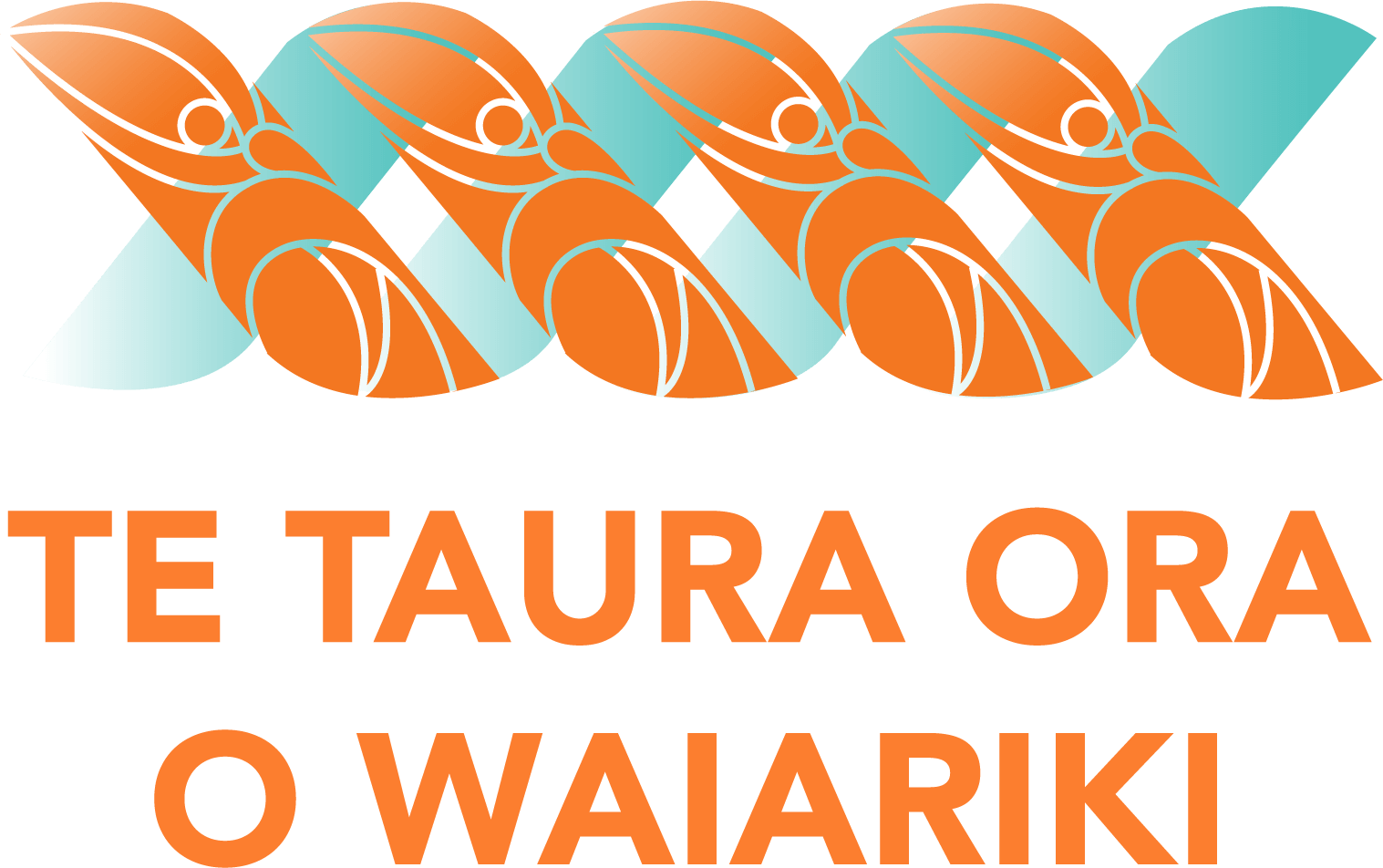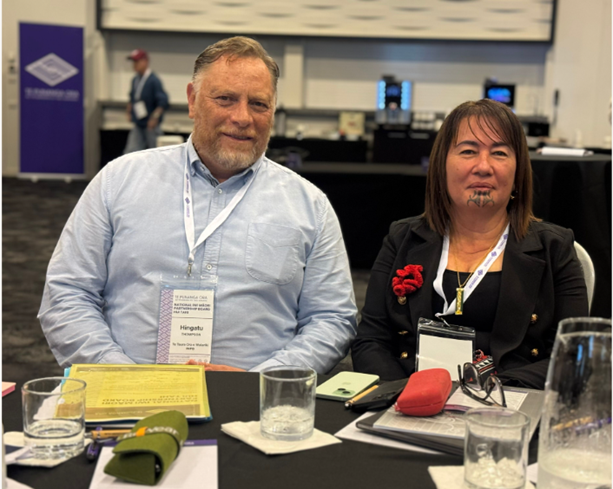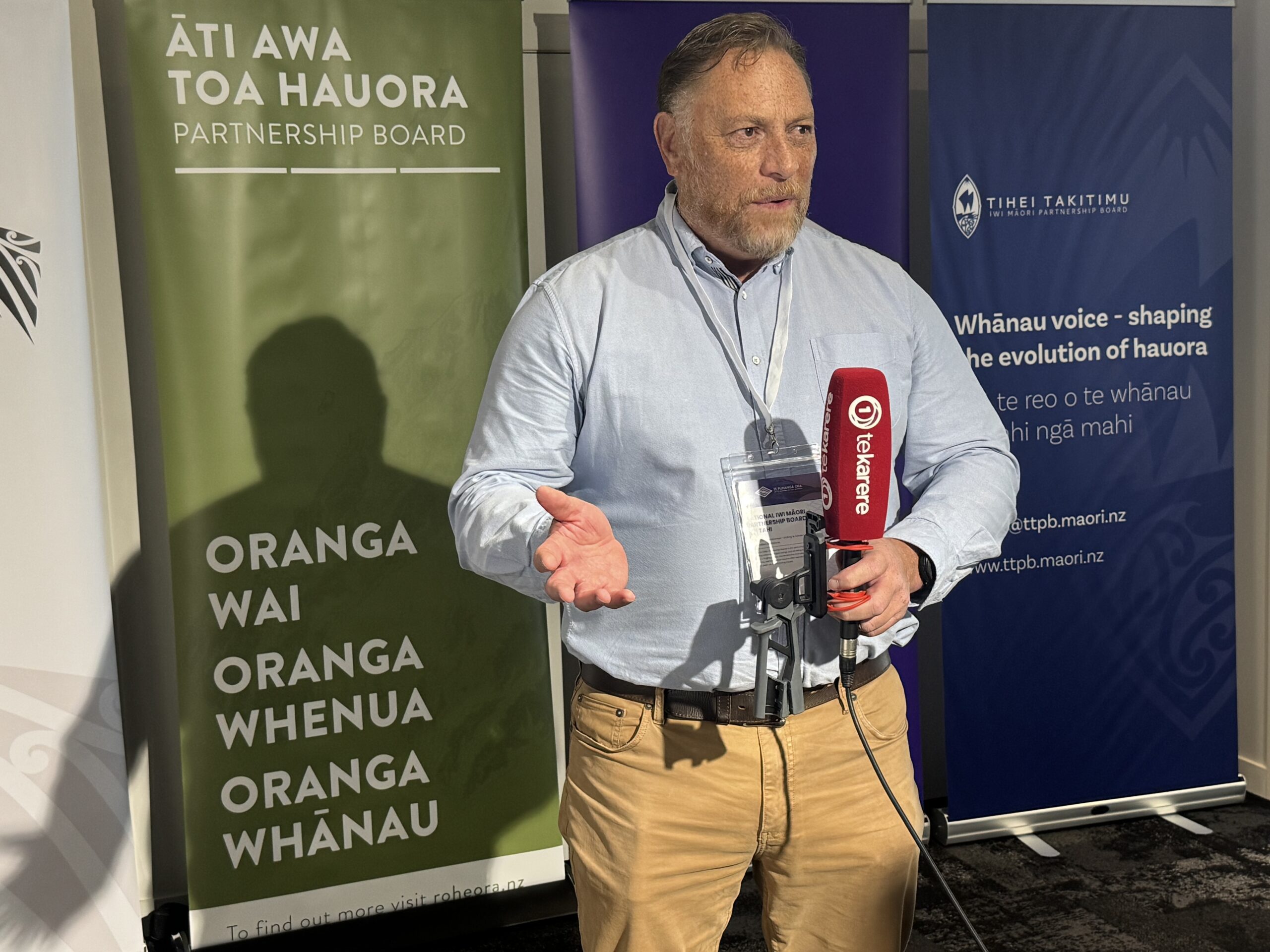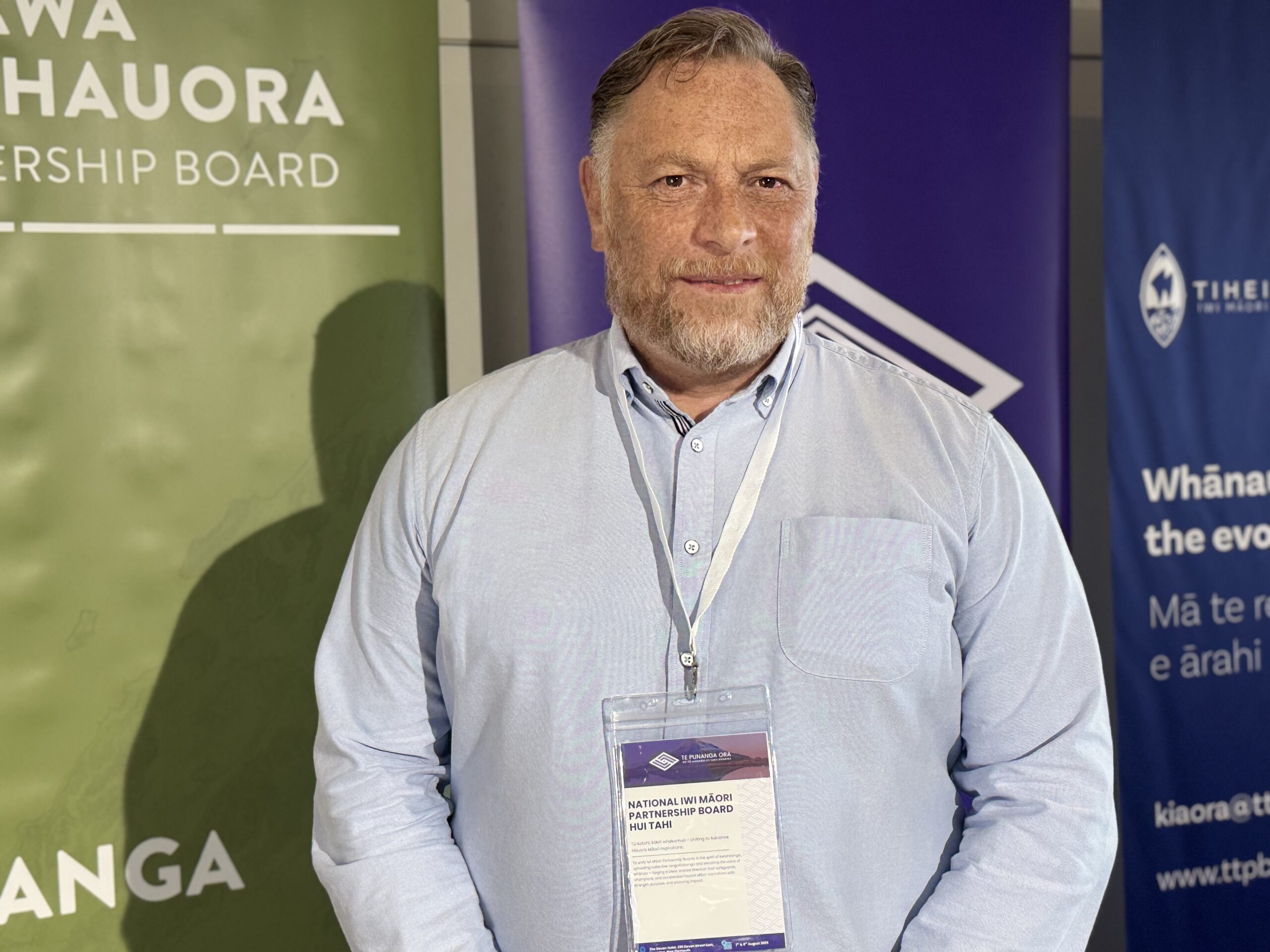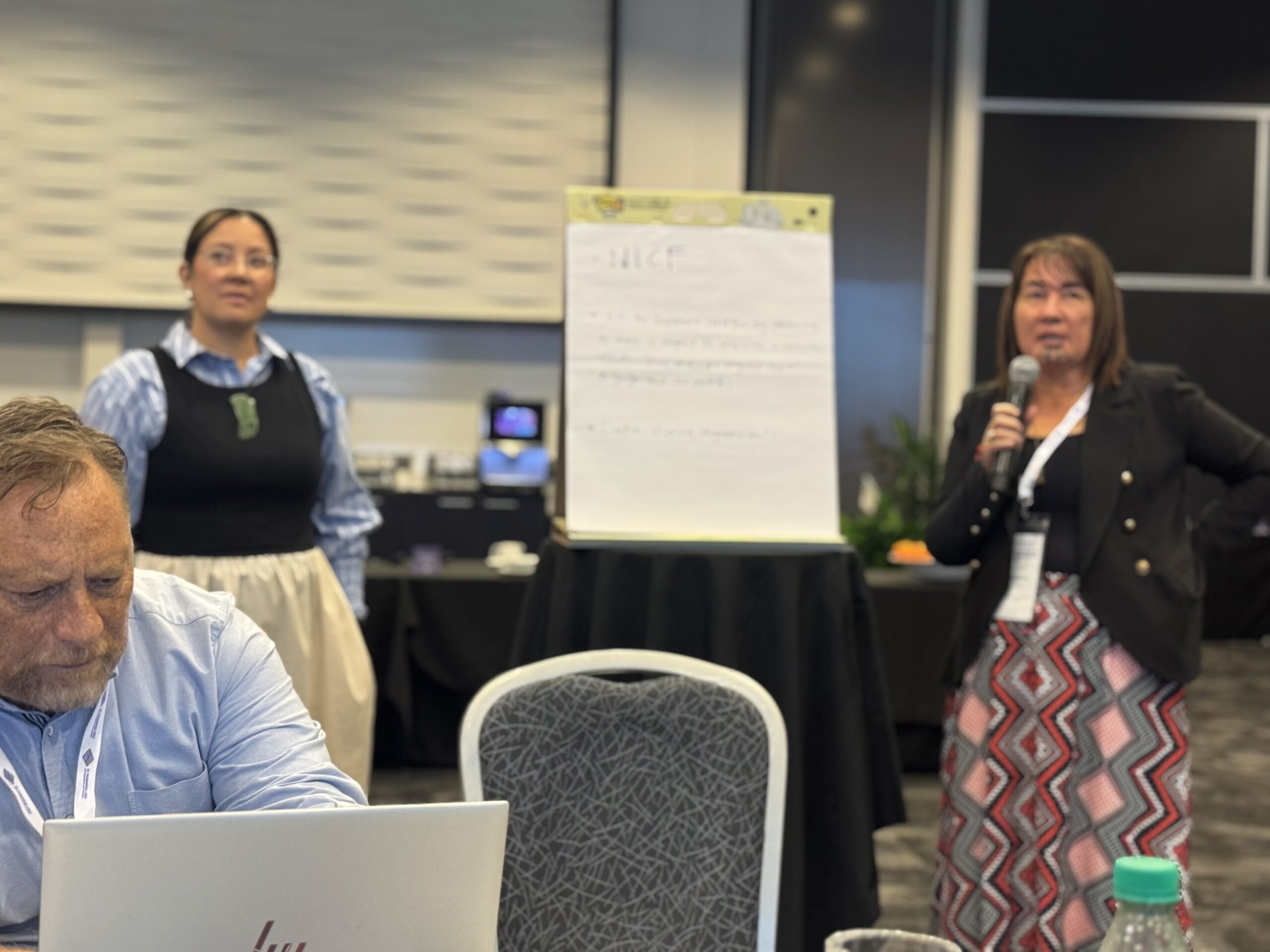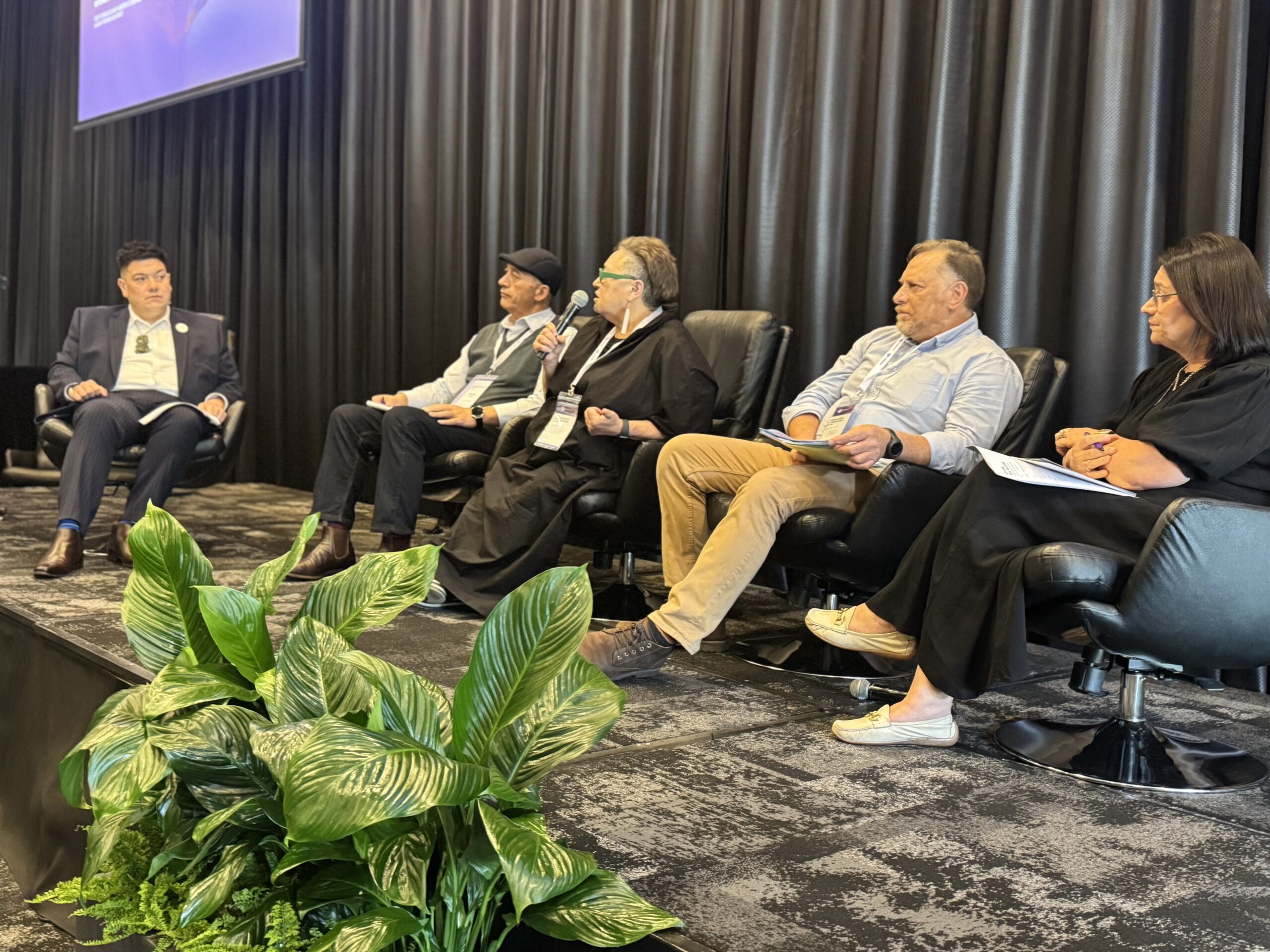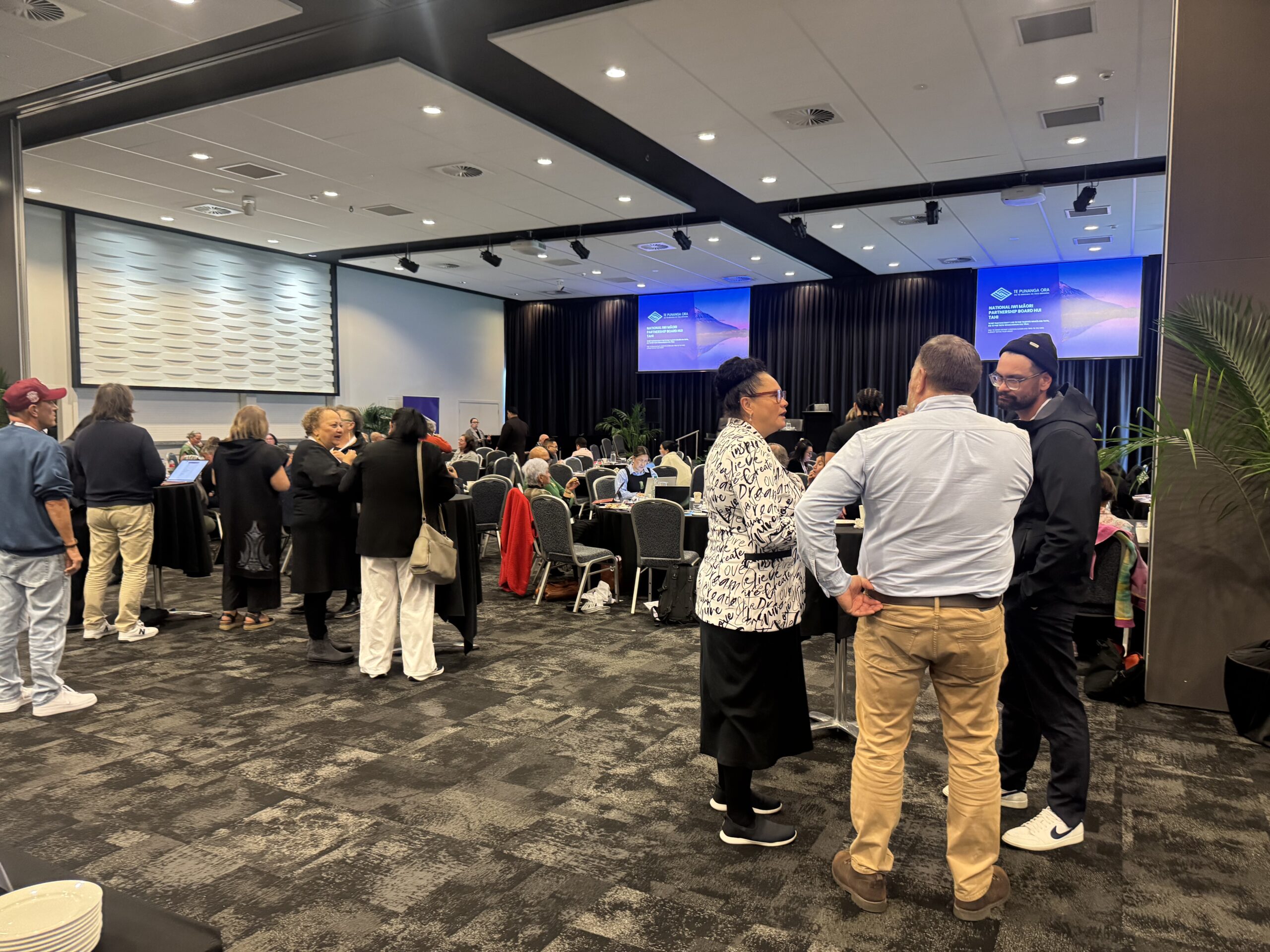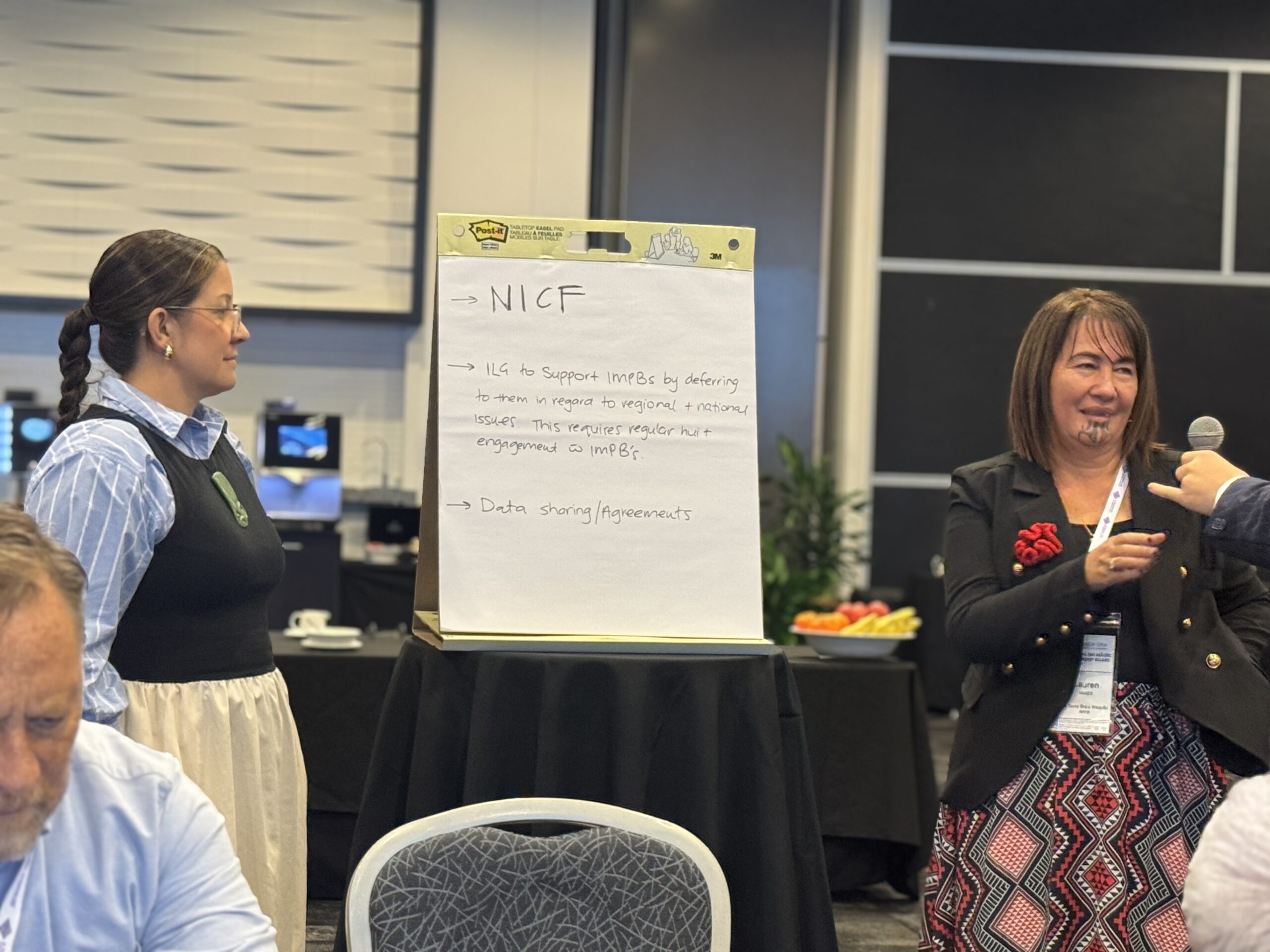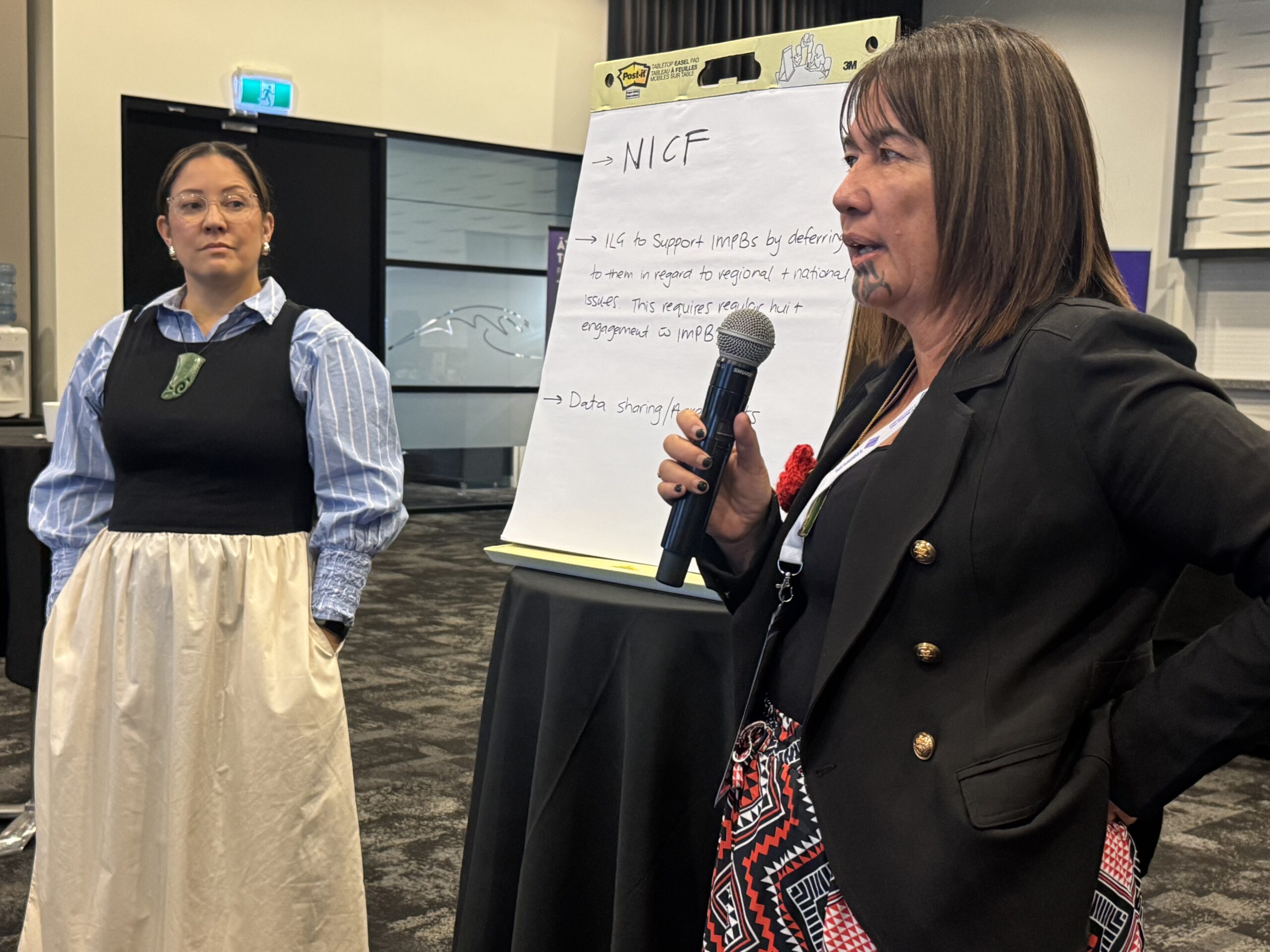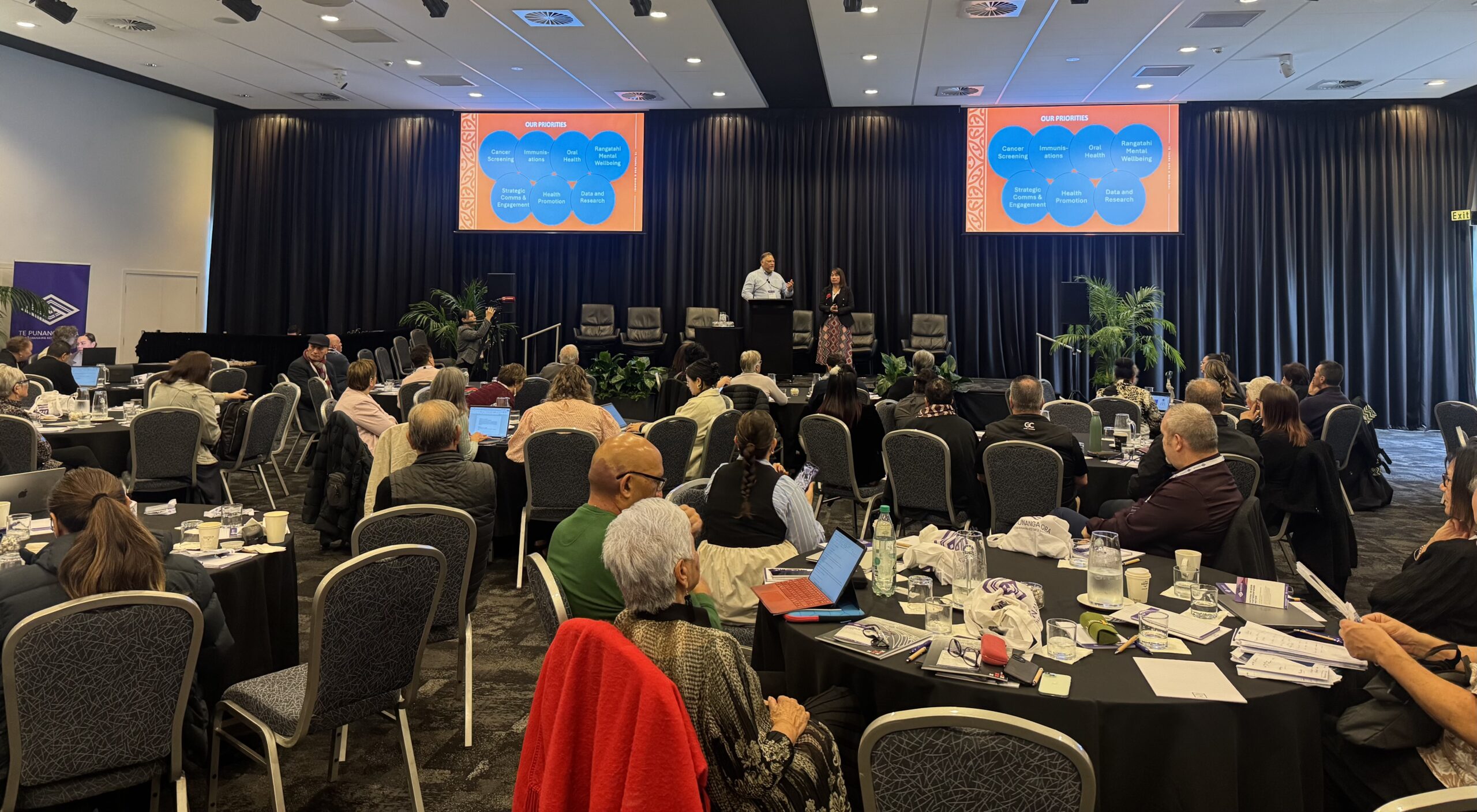Te Taura Ora o Waiariki joined all 15 Iwi Māori Partnership Boards (IMPBs) this week at a historic hui hosted by Te Punanga Ora in New Plymouth, Taranaki. The gathering brought together representatives of around 914,400 Māori across Aotearoa to respond to proposed reforms under the Pae Ora (Healthy Futures) Act, which would significantly reduce the statutory role of IMPBs in the health system.
The proposed changes would remove the boards’ monitoring powers, a critical function that ensures health services are accountable to Māori communities and responsive to local needs. Te Taura Ora o Waiariki Chair, Hingatu Thompson, emphasised the importance of iwi-led engagement and local influence.
“The opportunity of the IMPB is to make a difference in hauora, and that will be minimised by the Crown if they stop opportunities to engage. We want to work locally because that is where we can make a difference for our people, for Te Arawa, and for Māori within our rohe,” he said.
Hingatu also warned against how the government is reducing Māori engagement. “Streamlining, I believe, is a convenient word to reduce engagement in Māori. The government says the changes won’t have much impact on Māori outcomes, but the system is only now starting to show results. We’re starting to engage locally, starting to work more with Health NZ leadership, and that is where we can make a real difference.”
Fellow Board member, Lauren James facilitated a panel kōrero, opening with a vision for the future.
“As Māori, we’ve been talking about the devolution of health services for decades. It’s time we got serious and started demanding it now. We don’t just want services delivered to our communities because we can deliver them better ourselves, with better outcomes for our people. Devolution has to be a priority, across public, private, and philanthropic sectors,” she said.
Reflecting on the role of Te Arawa and the wider iwi network, Hingatu said: “As we analyse and monitor what the sector is doing for Māori, it’s clear it hasn’t been performing well, something we’ve known for years. But the mana has returned to Te Arawa, allowing us to form our own views, interpret the data ourselves, and gather our own information.”
He opposed the Pae Ora Bill, saying, “The changes the government is proposing would actually remove iwi from having a say in how hauora is shaped. Locally and regionally, it’s essential that iwi have the space to provide our own input.”
The two-day hui included a pōwhiri, keynote addresses from a representative of the Hauora Iwi Leaders Group from the National Iwi Chairs, workshops, panel discussions, and strategy sessions. The collective affirmed their commitment to upholding tino rangatiratanga as guaranteed under Article Two of Te Tiriti o Waitangi.
Te Taura Ora o Waiariki, alongside fellow IMPBs, remain steadfast in protecting Māori leadership and accountability in the health system, advocating for local voices to be at the centre of decisions that affect Māori whānau and communities.
Media Liaison: Sarah Sparks Email: Sarah.sparks@sparksconsulting.co.nz Mobile: 021318813
